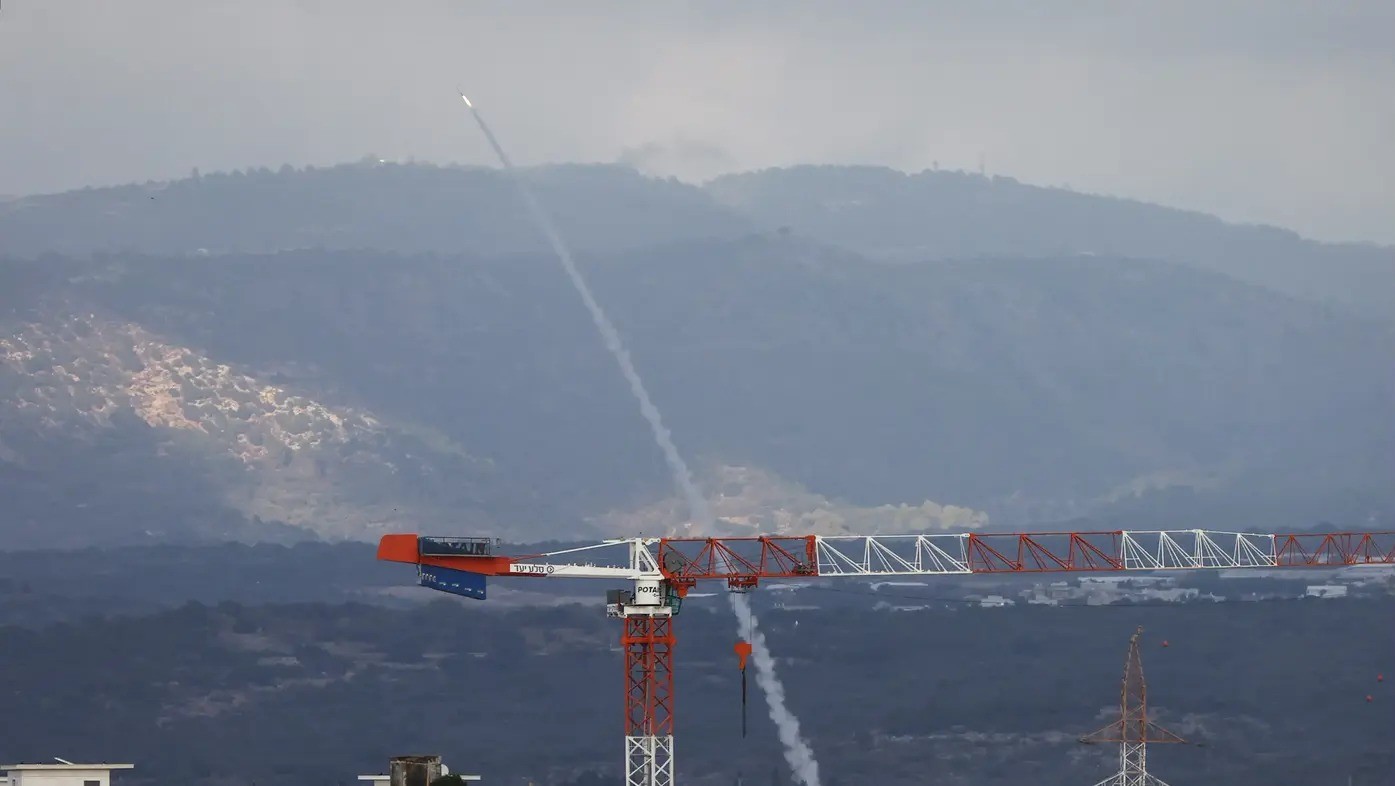US to begin producing missiles for Iron Dome in 2025

A budget of $33 million has been earmarked to establish a production facility in Arkansas.
A production line to assemble Iron Dome missiles will be established in the United States in the coming years.
Israeli company Rafael, in collaboration with its American partner Raytheon, is set to embark on a missile production endeavor for the Iron Dome, with operations scheduled to commence in 2025. A significant investment of $33 million has been earmarked for establishing a production line for the American variant of TAMIR missiles, which are destined for Israel's Iron Dome.
The decision to create an additional production line for Iron Dome interceptors in the USA was jointly undertaken by the Rafael company and Raytheon, with the chosen location being East Camden in the state of Arkansas. This new production line will be dedicated to crafting the American version of TAMIR, to be marketed under the name "SkyHunter."
This development was spurred by the US Marine Corps' announcement earlier this year, confirming their intent to procure 2,000 SkyHunter missiles. These missiles will be integrated into a new air defense system, which incorporates Iron Dome interceptors, complemented by an American radar and control system. Construction of the production site is slated to commence in 2024, with the first interceptors expected to roll off the assembly line in 2025.
While Israel is not explicitly mentioned as a direct customer of this new production line, Raytheon's statement highlights that the site will serve to supply missiles "to the arms of the American military and its allies."
In northern Israel, a production line for TAMIR missiles is currently in operation, and the Israeli defense establishment remains committed to local production of this critical component in the IDF's arsenal, which has successfully executed over 5,000 interceptions to date.
At present, the Israeli production line receives approximately half of its components from Raytheon, as per the requirements of the Washington administration. This arrangement stems from American funding to equip Iron Dome and replenish the interceptor stock after Operation Guardians of the Wall in 2021. The establishment of an additional production line in the United States holds the potential to boost the future rate of supply to the IDF, with the prospect of supplying interceptors to other nations in the event of further agreements pertaining to the interceptor or the entire Iron Dome system.
Strengthening Israel's air defense
In a noteworthy development, the US Ministry of Defense has recently revealed its intention to transfer both the stockpile of TAMIR interceptors and the Iron Dome batteries acquired from Rafael in 2019, under a $340 million deal, to Israel. This transfer will significantly fortify Israel's air defense system and serve as a contingency for the existing batteries in case of damage.
Looking ahead, Raytheon and Rafael anticipate a substantial purchase order from the Ministry of Defense to restock Israel's interceptor inventory, following a surge in interceptions conducted by Iron Dome since October 7. Raytheon's CEO, Gregory J. Hayes, has indicated that the company is set to receive a share of the $106 billion budget President Joe Biden has requested from Congress, earmarked for aid to Ukraine and special assistance to Israel following the conflict. Israel's allocation in this budget is $14.3 billion, with roughly $10 billion dedicated to security assistance.
Jerusalem Post Store
`; document.getElementById("linkPremium").innerHTML = cont; var divWithLink = document.getElementById("premium-link"); if (divWithLink !== null && divWithLink !== 'undefined') { divWithLink.style.border = "solid 1px #cb0f3e"; divWithLink.style.textAlign = "center"; divWithLink.style.marginBottom = "15px"; divWithLink.style.marginTop = "15px"; divWithLink.style.width = "100%"; divWithLink.style.backgroundColor = "#122952"; divWithLink.style.color = "#ffffff"; divWithLink.style.lineHeight = "1.5"; } } (function (v, i) { });

